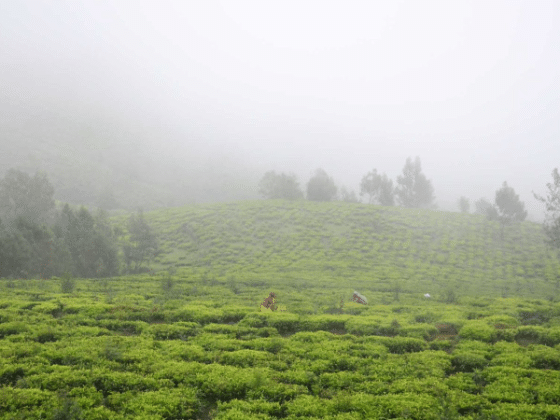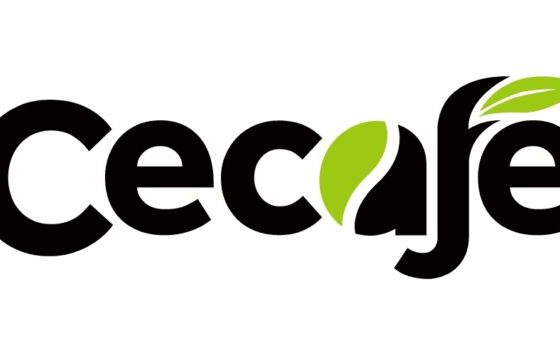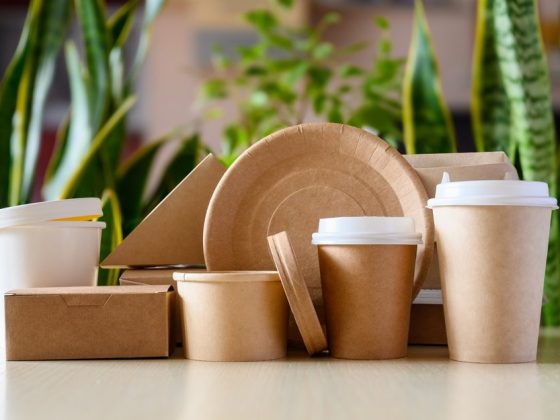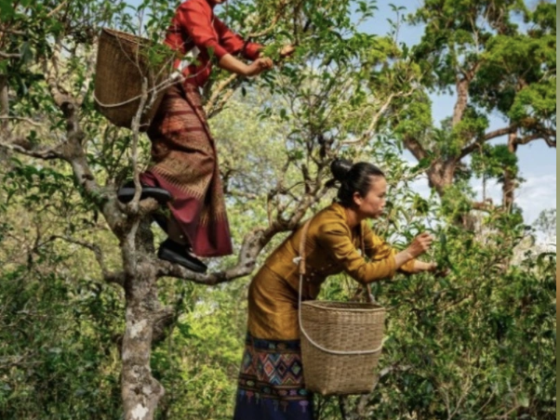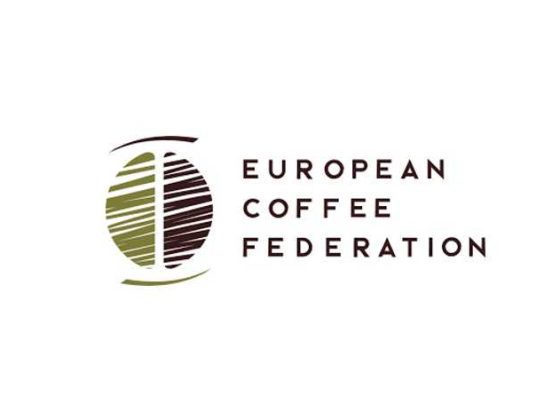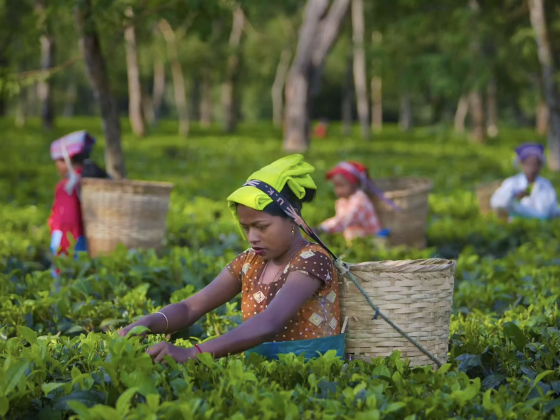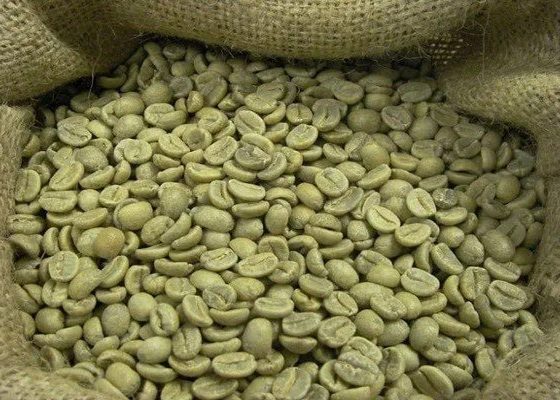The FAO session on Tea has agreed on what discussion on climate change can be taken up for discussions here. The 20th session of the FAO has drawn up scope and the terms of reference of the climate change working group at its meeting on Sunday.
“This will be put forward to the Inter-Governmental Group on Tuesday,” said Kaison Chang, secretary, FAO-IGG, when asked about the progress of negotiations on climate change. Discussions on climate change will now start formally with all the producing and exporting countries, and consumers. Climate change formally made its way into the summit agenda at Mombasa. All countries have so far agreed to share information and work together on the issue, FAO officials said.
The major producers — India, China, Kenya, Sri Lanka and Turkey – have to agree on the steps ahead for a meaningful strategy to emerge. Implementation and enforcement of climate change mitigation steps are easier said than done, as fragmented holdings, private players, and third-world countries that don’t desire to be burdened with costs to mitigate climate change constitute the major members. In Sri Lanka, for instance, 76 per cent of the tea produced is done by small farmers.
While major climate change mitigation efforts entail a substantial cost, Sri Lankan officials were of the view that there were many steps that could be taken that did not need significant investment. The other option was to increase production, which is again being explored. Plantation Industries Minister Mahinda Samarasinghe, said that he had entrusted the Tea Research Institute to work on issues related to bringing down production costs.
Agreeing that climate mitigation efforts cost money, Sri Lanka Tea Board chairperson Janaki Kuruppu, said that in the long term this would benefit the industry. The players were aware of this and were making investments.
Source: thehindu.com/sci-tech/agriculture/article2846953.ece


